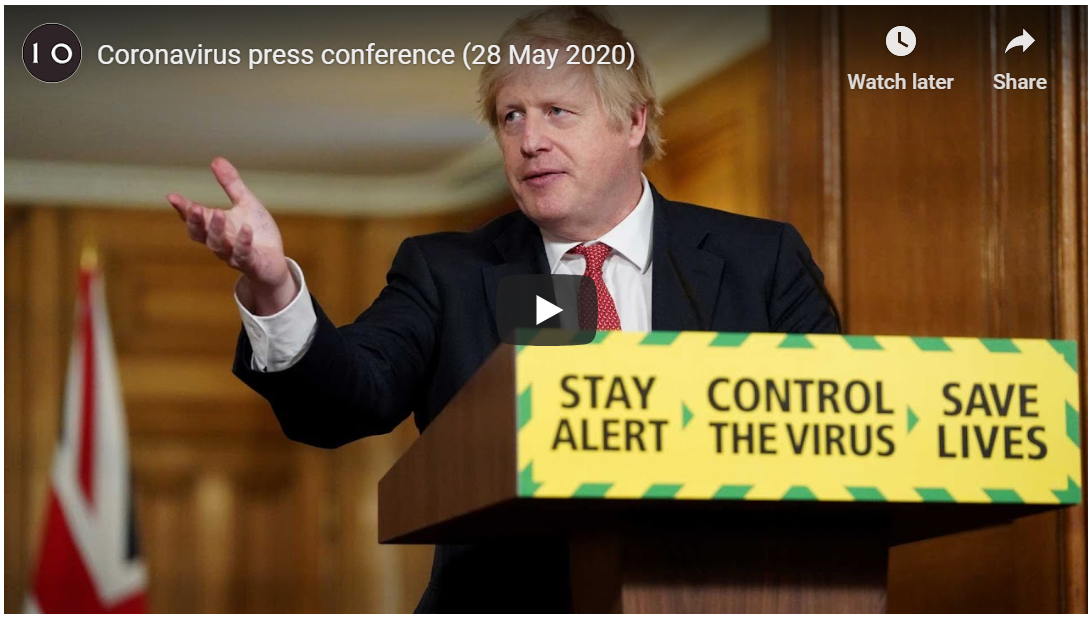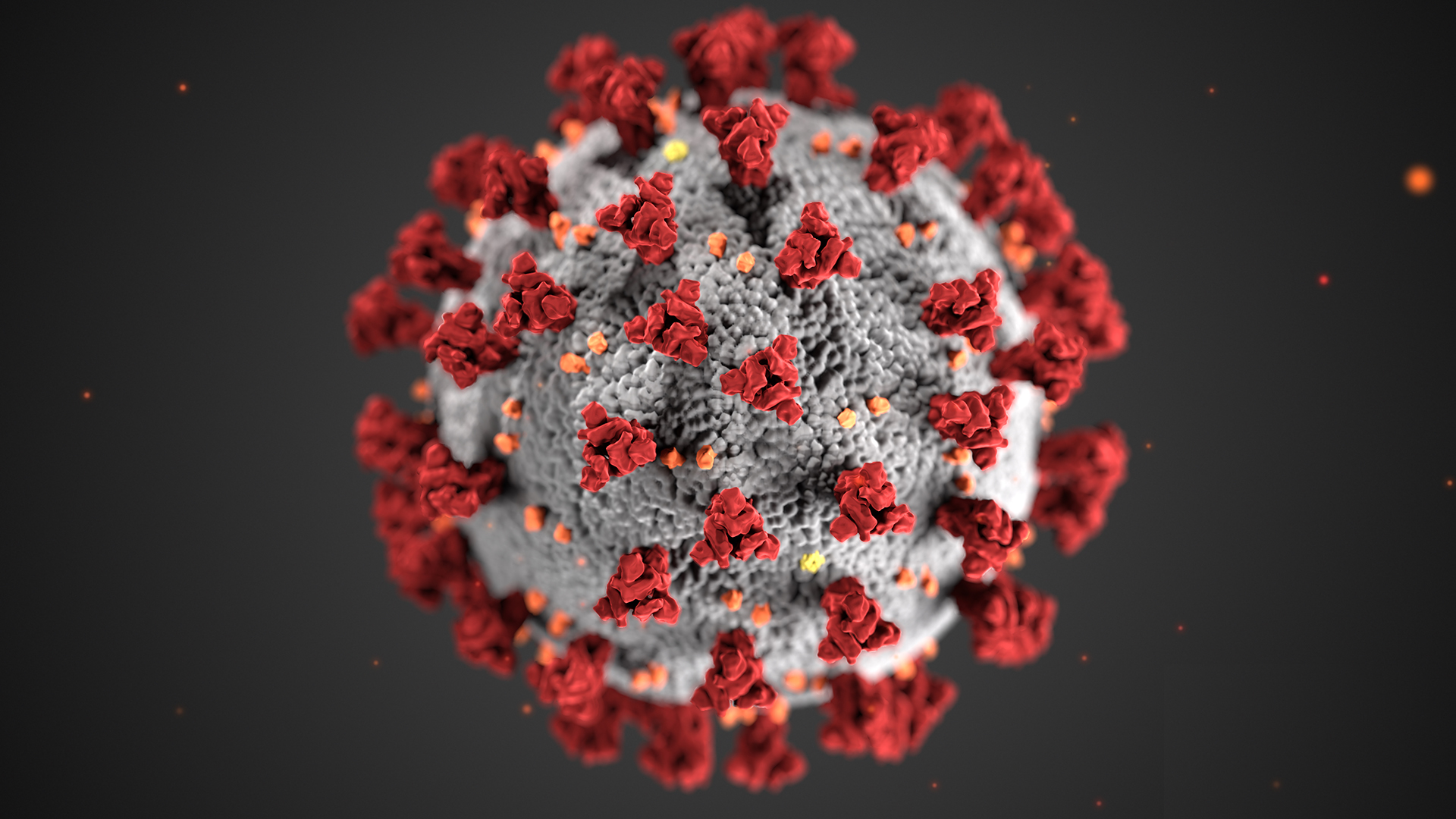Like Chris Blattman, I’ve just been ‘interviewed’ by email by a journalist writing a series of articles about poverty. She wanted, by return, some answers to some pretty preposterous questions. My answers are below. I’m sure readers of this blog would have interesting answers, so please put them in the comments below.
1. It is realistic to think that poverty can one day end?
It depends what you mean by “poverty”. I certainly believe that it is feasible in the near future for everyone to have enough to eat; to have access to clean water; to have access to basic healthcare which prevents them from dying from easily preventable and treatable diseases; to have shelter and sanitation; for every child to go to school and for mothers to face low risks of dying in childbirth.
But poverty is also a relative idea; there will always be people who need help. We should plan to have permanent, well governed mechanisms of global solidarity so that those who are fortunate, wherever they may be in the world, can support those who are less fortunate, whoever they may be. We may hope that particular individuals will need help only temporarily, but we need permanent systems to ensure that they get it.
2. What are the best global solutions?
The countries of the rich world could do much more to create the conditions for poor countries to accelerate development. For example they could, at very little cost to themselves (indeed, with some benefit) improve trade policies and reduce agricultural subsidies to enable poor countries to trade their way out of poverty; permit greater migration from developing countries, so that the benefits of globalisation are more widely shared; adjust government-created intellectual property rights to enable poor countries to share the benefits of new technologies; close tax havens and clamp down on corruption, tax evasion and tax avoidance by multinational companies; open up detailed information about financial flows including aid, payments for extractive industries, defence spending, and climate change, so that citizens of developing countries can ensure that those resources are not squandered; create markets for environmental assets, especially by setting global carbon emissions ceilings and agreeing to equal per capita allocations, so that the rich world pays a fair price for their use of more than their fair share of the world’s natural resources; and reduce exports of small and large arms to the developing word.
As industrialised countries help create the conditions for developing countries to make faster progress, it will be for the people of the developing world to use their own ingenuity and hard work to develop social, economic and political institutions that enable them to make progress in their own way; but it is hard to imagine success that does not involve much greater investment in the rights and status of women.
3. How urgent is it to act?
Twenty five thousand people die each day of preventable and treatable diseases. If those people were citizens of Europe or America, we would have declared a state of emergency.
4. Do you believe there is hope for the future?
Of course: hope for the future is amply justified by the extraordinary progress which developing countries are making. The last fifty years has seen the fastest progress in human history on reducing poverty and improving living standards, from reducing malnutrition to providing access to clean water.




13 Comments
Jonathan Glennie · February 4, 2011 at 8:19 am
Nice answers. I would have mentioned power, conflict and inequality. While it is sensible to believe we can end extreme poverty (we are doing so!) we can’t change the human condition. That means their will always be people getting screwed by other people. NGOs and campaigners need to stop saying they are “trying to do themselves out of a job” – they will always be needed…
Owen Barder · February 4, 2011 at 8:32 am
Jonathan
I couldn’t agree more about the need to stop saying that we are going to do ourselves out of a job.
Owen
Jiesheng · February 4, 2011 at 9:38 am
On the answer to what rich countries can do–HJ Chang and some others have argued that reforming the argicultural practices of developed countries would still hit the poor countries–reducing subisidies would hit consumers in LDCs etc–your thoughts?
Owen Barder · February 4, 2011 at 11:25 am
Jisheng
I find it hard to believe that higher food prices are, on average, bad for the world’s poor; though averages can conceal some important variations for different groups.
Excluding oil producers, LDCs are, in aggregate, net food exporters. More than two thirds of the world’s poor live in rural areas, so the majority of the world’s poor are either food producers, or they depend on employment by or trade with people who are.
There are some poor countries, and some poor people within countries, who undoubtedly are made worse off by higher food prices, especially the urban poor. But overall, the winners among the world’s poor from rising food prices (and rising commodity prices generally) must exceed the losers. We have to work hard to ensure that the right policies are put in place to support those who lose out when prices rise. But this must be more feasible than having to support the incomes and well-being of those who lose out from food prices being too low.
Owen
Jiesheng · February 4, 2011 at 11:34 am
Owen: Stiglitz and Charlton (their book Fair Trade for all) stated that developing countries are net importers of temperate products–some types of crops and livestock whereas developed countries are net experters Goign along that lines, removal of subsidies and tariffs would only benefit say Brazil and larger agricultural nations.
Max · February 4, 2011 at 2:54 pm
On a postcard:
1. It is realistic to think that poverty can one day end?
One day yes, look at Vietnam. But ending poverty won’t mean equality.
2. What are the best global solutions?
Everyone to stop being hypocrites.
3. How urgent is it to act?
Very.
4. Do you believe there is hope for the future?
It would be hard to work in international development and not hold some belief. But on some days it can be hard to do so.
W.J. Pels · February 4, 2011 at 5:04 pm
On a postcard:
1. It is realistic to think that poverty can one day end?
No; poverty is a dimension of the reality we shaped.
2. What are the best global solutions?
Many, many, many, many, many condoms
3. How urgent is it to act?
Indeed very.
4. Do you believe there is hope for the future?
There better be, but I am not looking for it.
Andrew Dorward · February 5, 2011 at 7:32 am
Owen
I also thought that food prices need a mention:
1. falling food prices relative to income are the fundamental process driving reductions in poverty ( key definition of poverty is high expenditure share on food) and in food insecurity – an empirical and theoretical observation.
2. You argue that ‘… overall, the winners among the world’s poor from rising food prices must exceed the losers.’ This ignores distributional and market failure issues. 50% of farmers in East and Southern Africa and in India are net food buyers: these folk suffer from high food prices which may even lead them to reduce production (due to increased seasonal finance constraints).Your statement assumes that (larger, less poor) producers rely heavily on purchased labour and that high food prices lead to higher wages (real wages relative to food price). Is there empirical evidence for this being the overall impact, without other fundamental technical and institutional changes (which are largely absent where the poor are concentrated)?
The implications for northern agricultural subsidies are more nuanced. Subsidies for cash crops and livestock products are definitely damaging for the south. The case for stopping cereal subsidies is more complex. As these subsidies have fallen so have world food stocks, while prices and price instability have risen – leading to (welcome) demands for more investment in agriculture but major concerns about harm to the poor – and some calls for increased physical stock holdings in the North …..
We then come back to the question about high food prices being good or bad for poverty reduction.
Owen Barder · February 5, 2011 at 10:14 am
Andrew
Thanks. I’ve been trying to hunt down the data for this (which is why I haven’t written a blog post about it yet!) so if you can point me in the right direction I’d be most grateful.
Is it plausible that average real incomes in rural areas go down when food prices go up (ie that the price effect exceeds the income effect)? It seems counter-intuitive to me.
It seems to me that, in the long run, we should be welcoming rising food prices (and increases in other commodities), for two reasons. First, it represents an improvement in the terms of trade for developing countries, including the rural poor; and second if we are concerned about long-run scarcity, rising prices is what we need.
Obviously we need to take care of the distributional effects; but those are no reason to try to escape what seems to be a desirable long-run trend.
Owen
Jeff Barnes · February 6, 2011 at 2:39 am
Nice answers to simplistic questions.
To the question about how urgent it is to act, I would add that it is not urgent that we all act. What is more important than just acting is how we act. A lot of misguided harmful things happen because well intentioned people feel they must act and do so before informing themselves about what works and what unintended effects should be avoided.
Interesting articles and posts – Jan. to early Feb. | Good Intentions Are Not Enough · February 5, 2011 at 2:25 am
[…] ANSWERS ON A POSTCARD, PLEASE – Owen Abroad – Owen answers a reporters questions on how, and if, there can be an end to poverty. The Determinants of Food Aid Provisions to Africa and the Developing World (pdf) – Research conducted by researchers at Harvard and Yale – Looks at factors affecting food aid and finds that from the food aid from the US is more often tied to domestic overproduction rather than need. The Good the Bad and the Ugly – GirlsReport’s Blog – Discusses chartiable advertising and how it impacts people’s impression of women. Voluntourism – The Global Poverty Project – One person’s thoughts and experiences mixing volunteering and tourism. […]
Can we end poverty, on a postcard? | Humanosphere · February 7, 2011 at 3:30 pm
[…] Barder writes in his blog, Owen Abroad, that a journalist sent him four questions that basically ask him if it’s realistic to think […]
Round-up of the week | development6057 · February 8, 2011 at 4:19 am
[…] are the best global solutions” and “is there hope for the future” from Owen Barder and Christopher Blattman. Ties in well with what we have discussed in our classes so far – […]
Comments are closed.